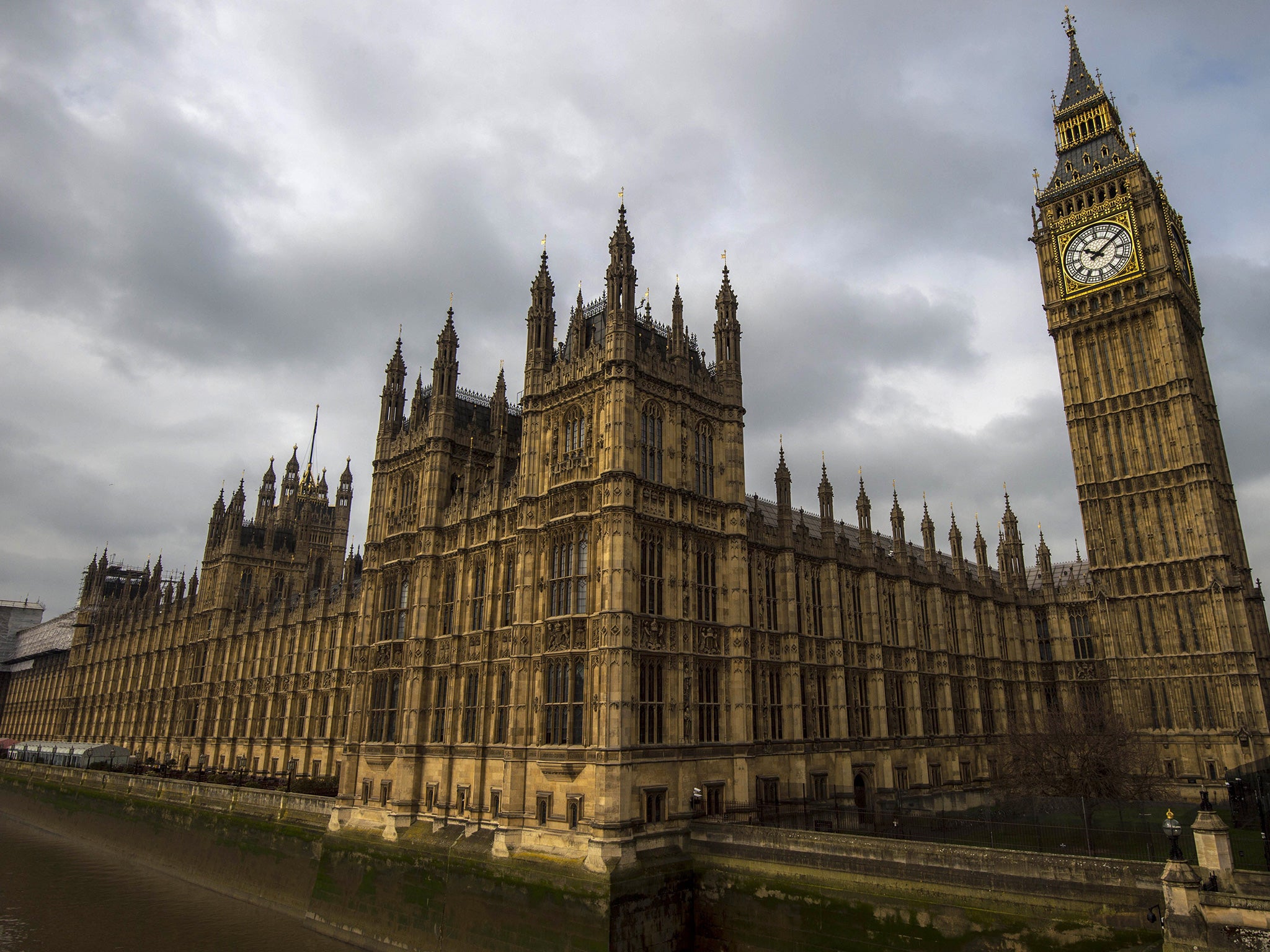Two-party politics isn’t as durable as it first looked after the election
Look closer at the ‘healthy’ two-party system and you’ll see the Tories are rather anaemic

David Cameron’s new MPs, the ones who won him a majority, are in a chipper mood as they head off for their first holiday after being elected. Some of them are surprised even to have won their seats, others are excited they’re in a fully Tory government. “My constituents wanted me to take full-blooded Toryism with me to Westminster,” one remarked to me recently. “And I’m surprised to be able to go back to them this summer and say I’m actually doing that.”
It’s nice these fresh-faced MPs are so happy. Many of their party colleagues working in Downing Street are also in fabulous moods, almost unable to believe their luck that they don’t have to nip across the office to ask a Lib Dem what they think, or stomp about to show their displeasure after reading newspapers full of negative briefings from coalition colleagues.
But while they’re entitled to celebrate life without the Lib Dems, are the Tories really right to be boasting about their “full-blooded Toryism”? After all, in the 10 weeks since winning that majority, the party has already retreated on three major issues: human rights, English votes and fox hunting. On the last there was a free vote, on which the Tory party was split. But with the other matters, the key problem was that not all of Mr Cameron’s 330 MPs were, in fact, so full-blooded in their support.
The Tory majority was a lovely surprise for the party, but it still hasn’t quite realised how unlovely governing with such a small number of MPs will be.
John Rentoul describes two-party politics as “more durable than fashionable opinion ever thought”. And, indeed, all that fuss during the election about the minor parties holding power seems a bit silly now. But look a little closer at the apparently healthy two-party system in Parliament, and you’ll see the Tories are actually rather anaemic.
The vote on English votes for English laws was pulled because a number of Conservative MPs were threatening to rebel, and because the Democratic Unionist Party said it wouldn’t support it either. (You don’t need many Tory MPs to start muttering about trotting through the wrong voting lobby to send the whips galloping in a panicked state to the DUP offices in Parliament.)
As it is, the DUP can offer only eight MPs to help out – but they could be lent upon because they are Mr Cameron’s only true allies in this Parliament. The SNP will only break their rule of not voting on English matters when they feel it will cause Mr Cameron a headache. The handful of remaining Lib Dems – now led by the left-wing, anti-coalition Tim Farron – want to avoid the Tories like the plague.
Other smaller parties such as the Social Democratic and Labour Party, Plaid Cymru and the Greens rarely see eye to eye with Conservatives, while the Ulster Unionist Party only offer two MPs and don’t much like the Conservatives either, unless they’re offering a handsome deal. Ukip returned to parliament with just one MP, and one who was never particularly helpful to the Tory whips even when he was himself a Tory.
The DUP have a great deal of respect for Mark Harper, the Conservative chief whip, who has also impressed colleagues with his fair-minded efficiency and ability to tell Downing Street exactly how badly a campaign to get something through the Commons is going. But each time Harper and his colleagues come running to DUP chief whip Jeffrey Donaldson, they must make it worth his while to support a vote.
Of course the DUP only really comes into play when Tory MPs refuse to play ball. And just a few too many find trouble irresistible.
David Davis, for instance, played a key role in the decision to delay the vote on English votes until the autumn: one Cabinet minister describes him rather sourly as “a carrion crow hovering above the motorway”. Then there’s Andrew Mitchell, an opponent of human rights reforms who is asking increasingly troublesome questions.
The Tory whips group rebels according to whether they are sincere or “opportunists”. At present they can rely on the bulk of the party feeling cheerful and loyal, but as time wears on and more of those cheery new MPs are disappointed by reshuffles, then so the rebel group grows. And though the whips are working hard to stop embarrassing defeats by pulling votes, they are encouraging further bad behaviour in the long run. As one figure keen to exploit the party’s small majority says: “The more votes they pull out of, the more the rebels think they can get what they want.”
If the Government is a little anaemic now, just wait to see how unhealthy it could start to look over the next few years.
Join our commenting forum
Join thought-provoking conversations, follow other Independent readers and see their replies
Comments
Bookmark popover
Removed from bookmarks